Article: Baby Sleep Regression

Baby Sleep Regression
Understanding Baby Sleep Regression: What It Is and How to Handle It
Welcoming a new baby into your life is an exciting journey filled with many milestones. One of the most challenging phases for many parents, however, is dealing with sleep regression. If you’ve noticed your baby’s sleep patterns have suddenly shifted, you might be experiencing this common developmental stage. But don’t worry—understanding sleep regression and knowing how to manage it can help both you and your baby navigate this tricky time.
What Is Sleep Regression?
Sleep regression is a temporary phase where a baby who has been sleeping well suddenly experiences disruptions in their sleep patterns. This can manifest as frequent night wakings, difficulty falling asleep, shorter naps, or resistance to bedtime. While it can be frustrating and exhausting, it’s a normal part of your baby’s development.
When Does Sleep Regression Happen?
Sleep regressions can occur at various stages of your baby’s development. They are often linked to significant growth spurts and milestones. Here are some common times when sleep regressions might occur:
-
4 Months: Often one of the most talked-about regressions, the 4-month sleep regression happens as your baby’s sleep cycles begin to mature. They may start to experience more frequent night wakings or resist bedtime.
-
8-10 Months: Around this age, babies are learning to crawl, stand, and explore their surroundings. This newfound mobility and cognitive development can disrupt their sleep. Here's a great article, by our friends over at Parent from Heart, specifically about 6-month sleep regression.
-
12 Months: As babies approach their first birthday, they may experience another sleep regression due to changes in their routines, teething, or transitioning to one nap a day.
-
18 Months: This stage often coincides with language development and increased separation anxiety, which can affect sleep patterns.
Signs of Sleep Regression
Identifying sleep regression can help you address it more effectively. Watch for these signs:
- Increased Night Wakings: Your baby may wake up more frequently during the night.
- Shortened Naps: Naps that were previously consistent may become shorter or less frequent.
- Bedtime Resistance: Your baby might resist going to sleep or have trouble falling asleep.
- Changes in Sleep Patterns: You might notice unusual sleep patterns or disruptions in their usual routine.
How to Handle Sleep Regression
While sleep regression can be challenging, there are strategies you can employ to help your baby (and yourself) get through it:
-
Stick to a Consistent Routine: Maintaining a consistent bedtime routine can provide comfort and predictability for your baby. A calm and predictable routine helps signal that it’s time to sleep.
-
Adjust Naps and Bedtime: Sometimes sleep regression is related to changes in your baby’s sleep needs. Adjusting nap times and bedtime may help.
-
Create a Sleep-Friendly Environment: Ensure your baby’s sleep environment is conducive to rest. This includes a comfortable crib, appropriate room temperature, and minimal noise or light disruptions.
-
Offer Comfort and Reassurance: During this phase, your baby may need extra comfort. Offering reassurance and soothing techniques can help them feel secure and settle back to sleep.
-
Be Patient and Flexible: Sleep regressions are usually temporary and resolve on their own. Being patient and flexible with your baby’s changing needs can make this period more manageable.
-
Consult with a Pediatrician: If you’re concerned about your baby’s sleep patterns or if the sleep regression seems particularly severe, consult your pediatrician to rule out any underlying issues.
Final Thoughts
Sleep regression can be a challenging phase, but it’s a normal part of your baby’s development. By understanding what sleep regression is, recognizing its signs, and implementing strategies to manage it, you can help both your baby and yourself navigate this temporary bump in the road. Remember, like all developmental phases, sleep regressions are temporary, and with time, your baby’s sleep patterns will likely return to normal.
Sincerely,
The Baby Delight Team






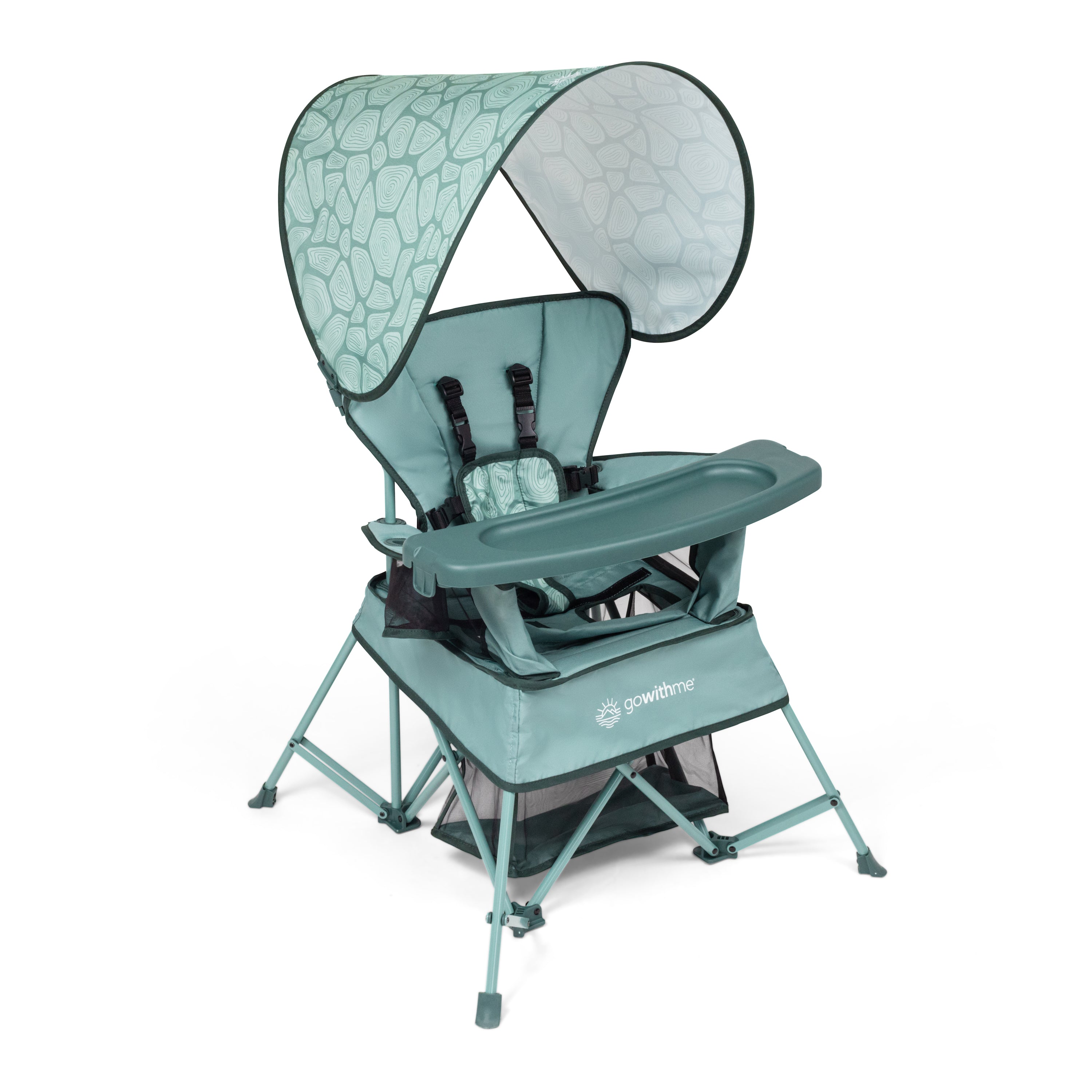


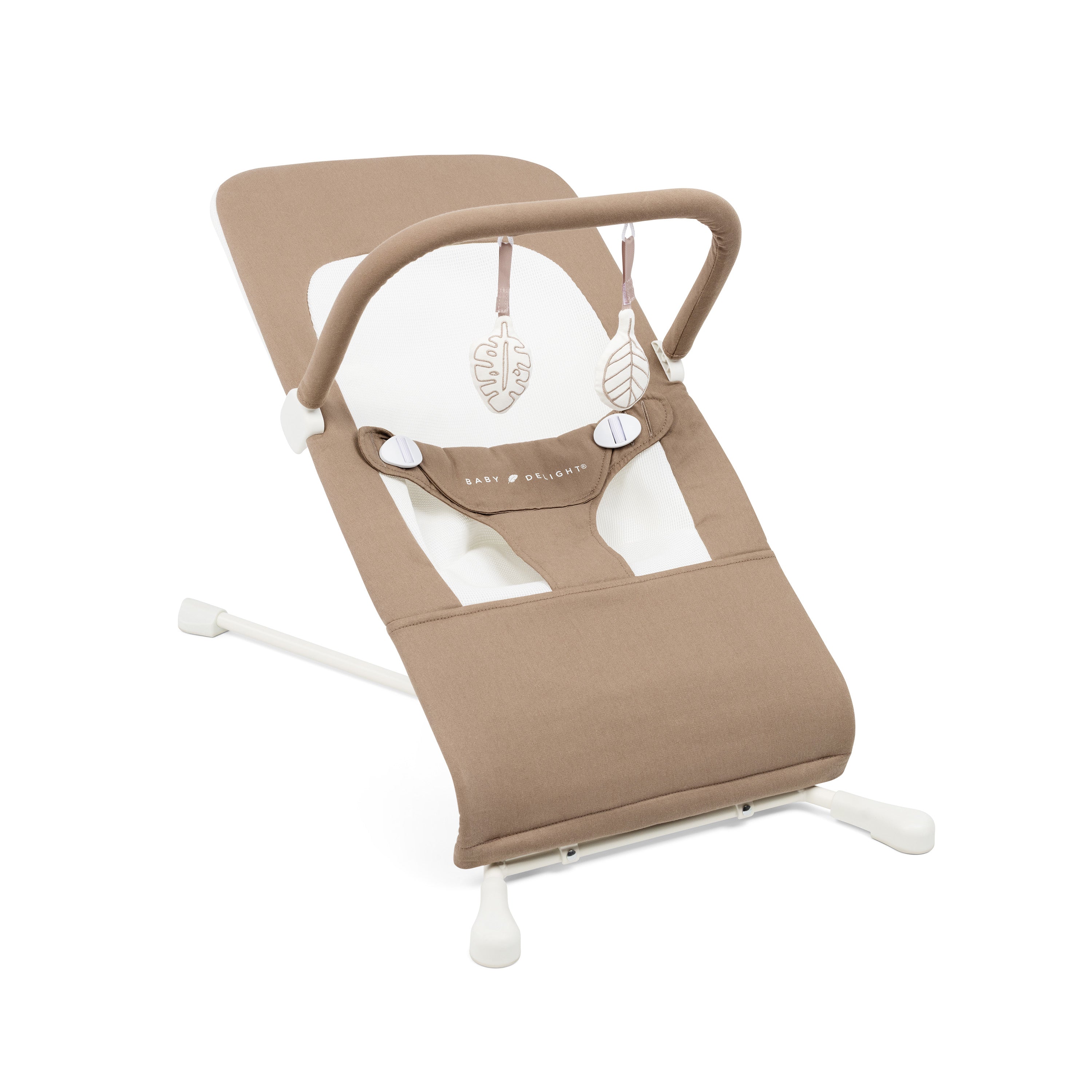








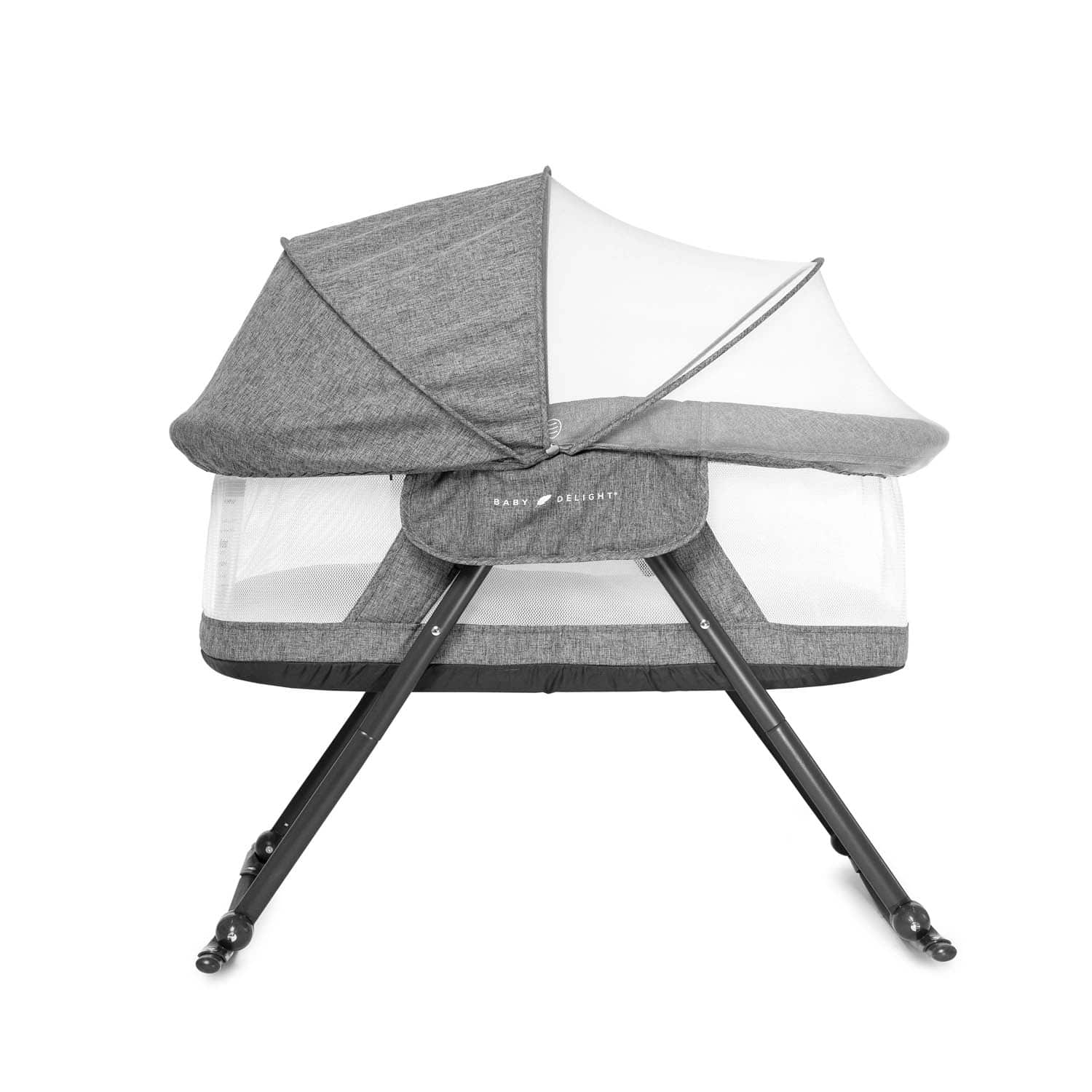












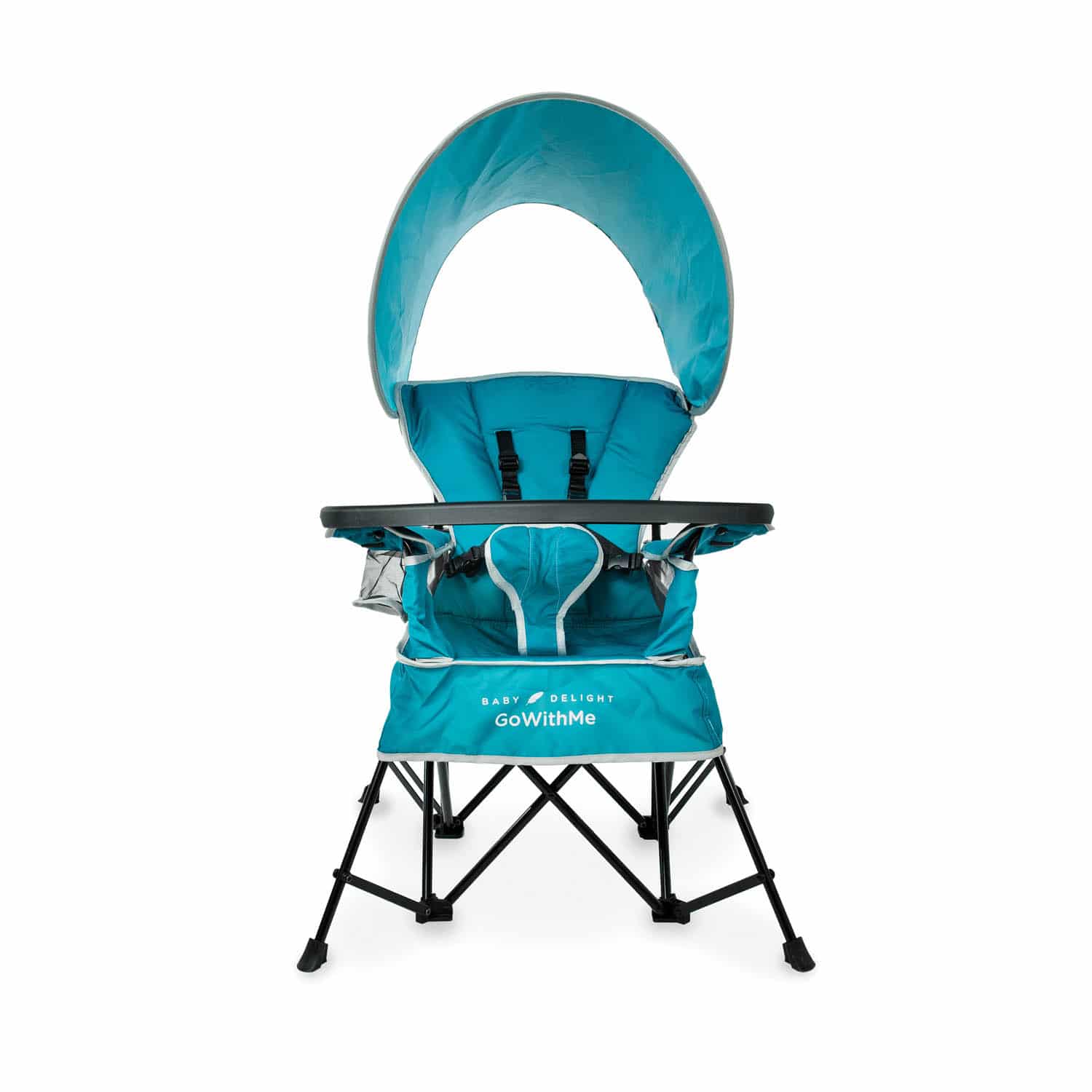

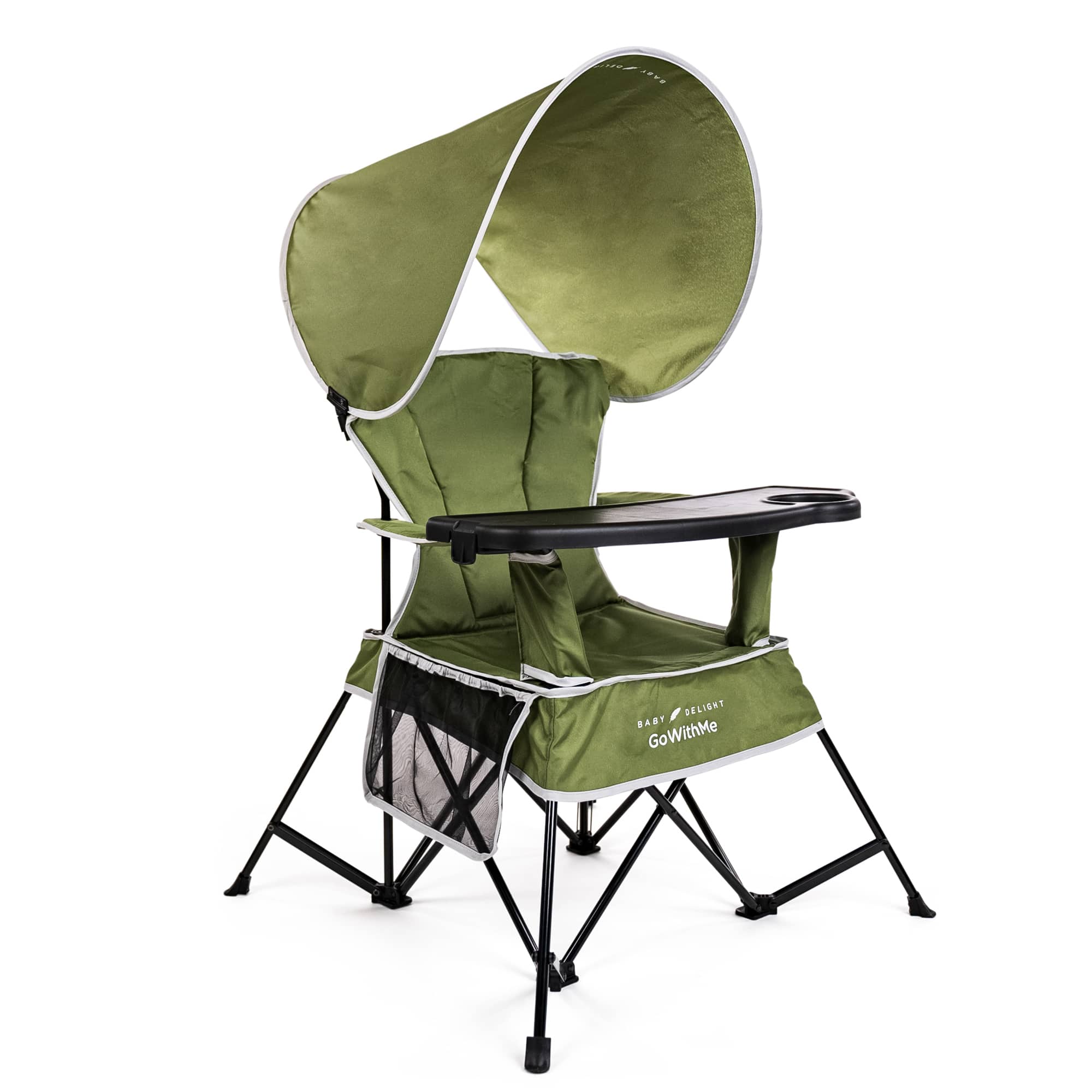
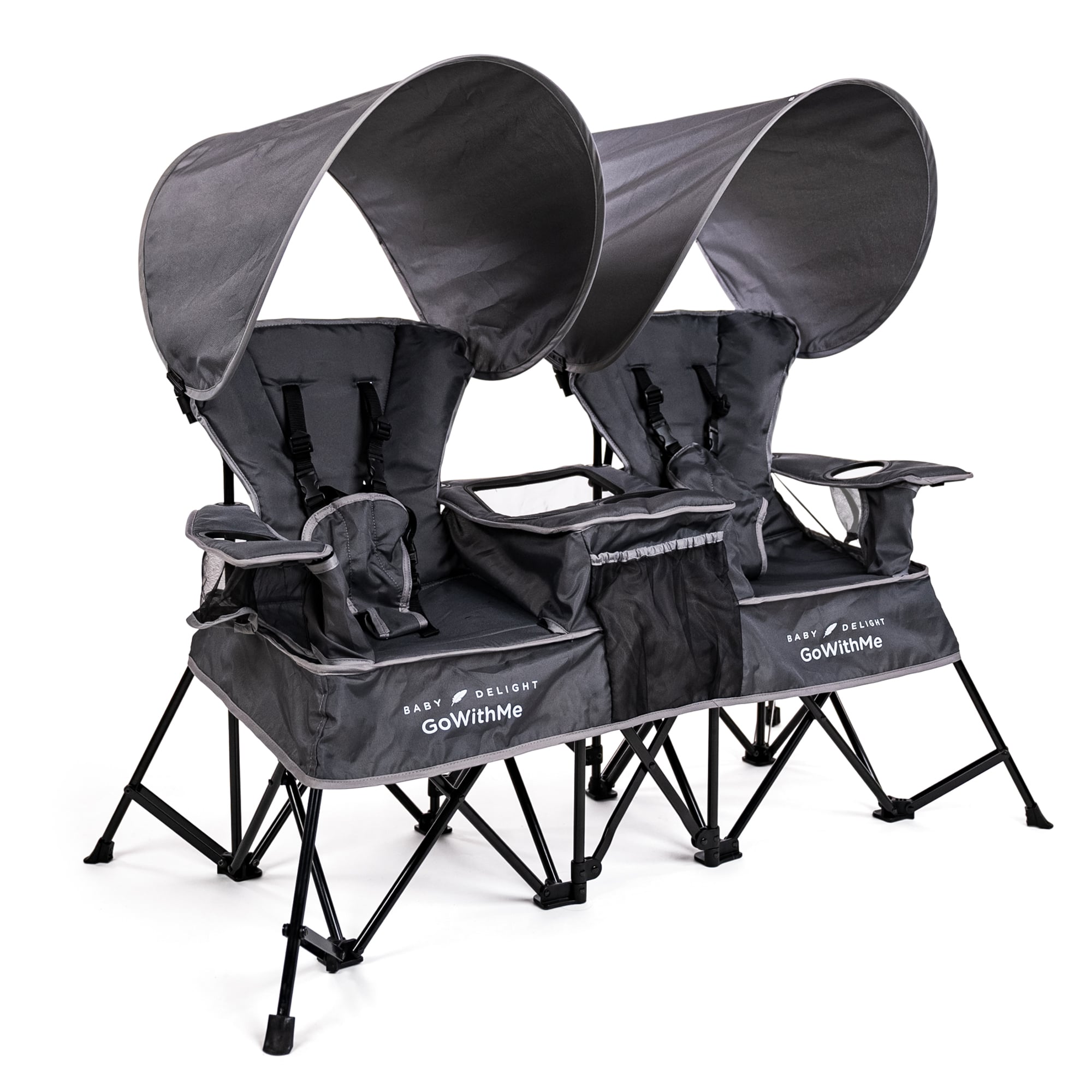






Leave a comment
This site is protected by hCaptcha and the hCaptcha Privacy Policy and Terms of Service apply.